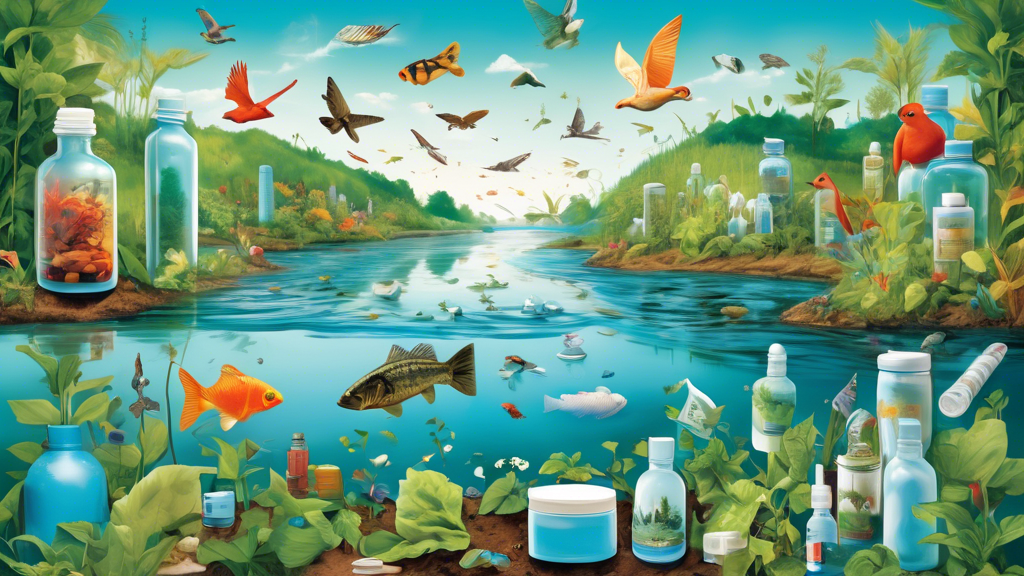
Pharmaceuticals and Their Environmental Impact: Addressing an Increasing Issue
The pervasive use of pharmaceuticals in modern medicine and healthcare brings significant benefits, but it also poses notable challenges to our environment. As awareness of the ecological consequences of active pharmaceutical ingredients (APIs) grows, it becomes clear that addressing these impacts is crucial for health and sustainability.
Environmental Impact
Pharmaceuticals enter the environment through various pathways, primarily via the discharge of APIs into water bodies. This contamination may stem from manufacturing facilities, hospitals, and even households where medications are improperly disposed of. The environmental repercussions of these contaminants are profound, highlighting the urgent need for action.
Water Pollution
One of the most pressing issues is the pollution of surface and groundwater, which can adversely affect aquatic ecosystems. Pharmaceuticals, particularly antibiotics, have been detected in waterways, raising concerns about their role in developing antibiotic-resistant bacteria. This not only disrupts aquatic life but also presents risks to human health, potentially allowing for contamination of drinking water supplies and the food chain.
Public Health Concerns
The environmental presence of pharmaceuticals is not just a concern for ecosystems; it holds significant implications for public health as well. Trace amounts of drugs in water sources can pose risks, particularly to vulnerable populations such as children and the elderly. The possibility of long-term exposure to these substances, even in small doses, necessitates a re-evaluation of safety standards and quality controls in pharmaceutical manufacturing and waste management.
Regulatory and Policy Issues
Stronger regulations and comprehensive policies are imperative to mitigate the environmental release of pharmaceuticals. Enhanced wastewater treatment, stricter manufacturing processes, and more frequent monitoring of environmental contamination are crucial steps that must be undertaken. Currently, many regions lack adequate regulatory frameworks, which hinders effective management of pharmaceutical waste.
Technological and Management Solutions
Innovations in treatment technologies promise to mitigate some of the environmental impacts of pharmaceuticals. Advanced oxidation processes and biological treatments offer viable solutions for reducing the concentration of APIs in wastewater. Furthermore, effective management practices within healthcare and manufacturing sectors can significantly minimize the release of harmful substances into the environment.
Research and Advocacy
Ongoing research is essential to better understand the full extent of the environmental impacts posed by pharmaceuticals. This research can inform the development of effective strategies to reduce these impacts and promote sustainable practices. Public advocacy and awareness campaigns are equally vital in driving policy changes and fostering a culture of responsibility regarding pharmaceutical waste management.
Conclusion
As the consequences of pharmaceutical pollution become increasingly clear, the call for action grows louder. It is critical for stakeholders, including policymakers, healthcare professionals, and the public, to collaborate on addressing this urgent issue. Through enhanced regulations, innovative technologies, and a commitment to research and advocacy, we can safeguard both our environment and public health from the detrimental effects of pharmaceuticals.
